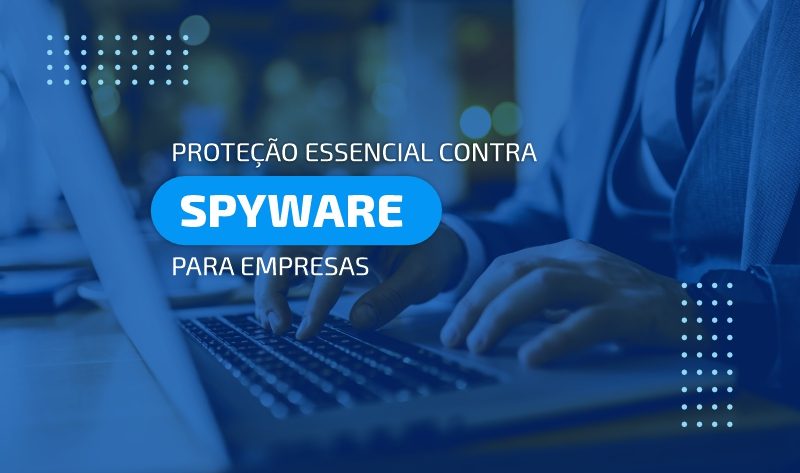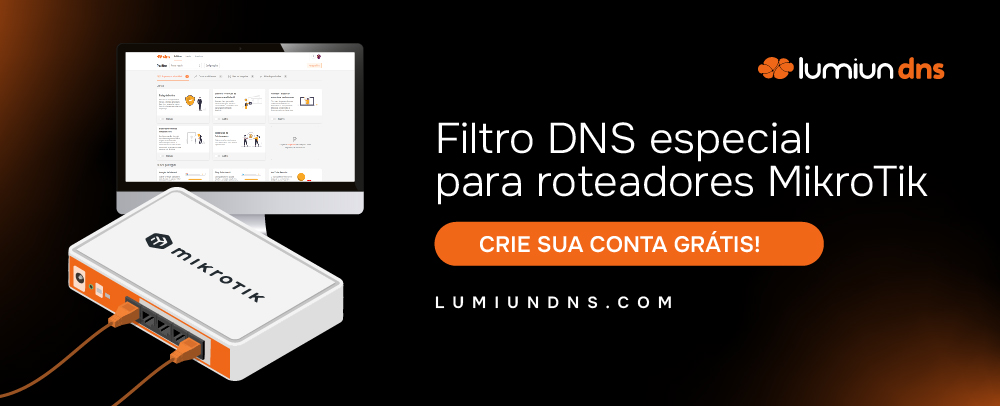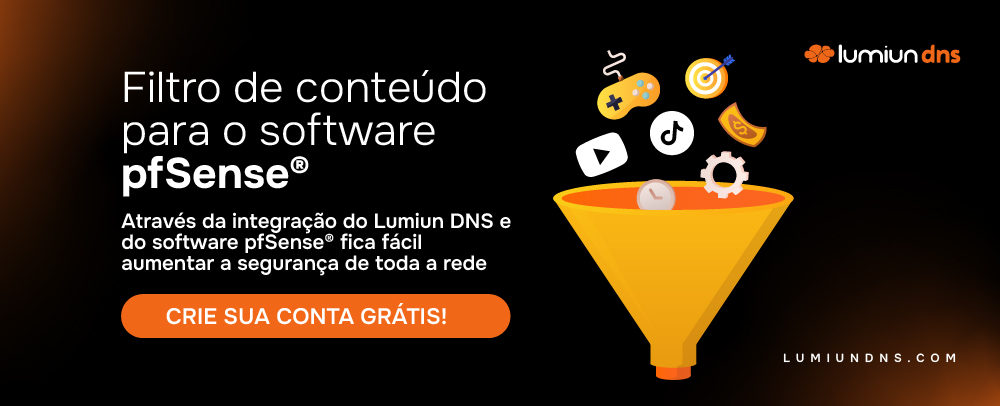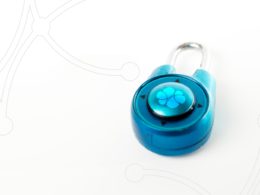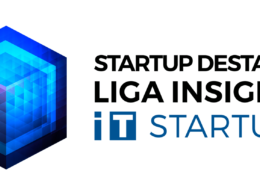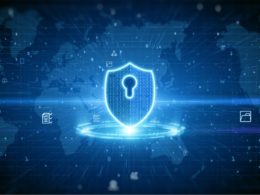Since technology has begun to establish a central level in performing numerous tasks, there has been a constant concern for the security of information in the online environment. Although the internet is a key resource in the workplace, privacy is still an extremely delicate point, especially regarding the exchange of data and information that happens through it.
Just as new technologies come every day to make our routine easier, there are also several ways to steal this data and control the activities that are performed in the digital world. One of these forms is spyware. Last year there was a 42% increase in cyber attacks around the world, with Spyware being one of the most used strategies by cybercriminals.
This is one of the most recurring and old threats since the advance of the internet, being used to infect machines and devices. Its main purpose is to obtain illegitimate information, using this data to apply other types of scam, such as virus infection, ransomware , data leakage, and many others.
Since there is no predetermined target audience to suffer from this threat, it is very easy to become a victim of this kind of strategy. For this reason, numerous features and tools have been developed that help maintain safe devices and contribute to the protection of information that is stored and manipulated within the online environment.
But is it possible to protect yourself from spyware? Thinking of helping you, we have prepared a material complete with everything you need to know about the risks and damage that can be caused by this type of virus . In this content we will also bring smart ways to identify spyware and combat them, helping to protect your information and use the internet in a safer way.
What is spyware?
As the name suggests, Spyware refers to a spy software form that when installed on the computer, mobile, or other device allows the cybercriminal to monitor the activities that are performed on the internet, such as the history and personal information that is entered. These data can be passed on to third parties and favor even more harmful scams.
Usually Spyware is used to steal passwords, payment information (credit card number, security code and passwords ), confidential and strategic data from companies, and more.
This type of software is one of the most difficult threats to detect as it is installed without consent and acts quietly, without the user noting any movement. Once installed, this software can perform operations and spy on everything that is done through the infected device .
A specific type of spyware was well known because of its threat and great damage: Pegasus. Learn more about this “Super Spyware:
Usually this virus reaches their victims through fake downloads, links and attachments that can be sent through the email, messages and fake websites, social engineering strategy to deceive victims . Once installed, Spyware can collect information and transmit it according to the goals of criminals.
In most cases, the focus of this type of threat lies in obtaining bank data and personal information for scam applications. Spyware can also be used by advertising companies that wish to obtain realistic information about their possible consumers and even governments seeking data on the digital behavior of users and people of interest.
This type of malicious file can be installed on computers, machinery that have gone through the automation process, mobile devices, routers and more. Spyware installation can be done in a variety of ways, such as Trojan (Trojan horse), installation of free programs, fake emails with corrupted links, misleading advertisements , etc.
The use of non-secure connections, such as Wi-Fi networks available in public places, also favors the installation of this type of malware and the application of many other cyber blows. All the cybercriminal needs is a point of vulnerability that helps you enter nets and devices .
SPYWARE TYPES
This digital threat poses a great danger to users and companies. This is because it can be used to collect and leak strategic and confidential data that can impair the organization and generate financial losses, such as what happens in ransomware blows. With this threat, the data is kidnapped by a cybercriminal, who charges a redemption amount to return them in the face of the threat of leakage of projects, strategies or customer information.
Some versions of this type of viruses can track the location of devices, divert documents such as photos and videos, record conversations, monitor social networks , etc., making it necessary to adopt efficient protection measures to avoid this type of problem. Here are some types of spyware that are widely used today:
Trojan
Also known as a Trojan horse, Trojan is malware that often disguises a real and legitimate file or program. Spyware is installed without the user noticing and allows the cybercriminal to infiltrate devices, install files and divert information .
Adware
This type of spyware is one of the most uncomfortable but easier to identify. This software was created to collect consumer information or excessive advertisements of ads that are not desired by the user . In some cases, this spyware can also install viruses and applications that impair the proper functioning of the machines.
Tracking cookies
Simply put, cookies are files that are saved on a device, storing configuration information, access data and standard of use. Tracking cookies allow cybercriminal tracking a user's online behavior on the Internet.
System Monitoring
This type of malware monitors the activities and forwards a report to the responsible invader. This malicious application can come in the Keylogger form , which allows you to record the user -entered keys, access files, and track websites visited. Understand how this strategy works:
In addition to the Trojan and phishing blows, spyware can also be installed by exploring system vulnerabilities using these access points to settle and cause various losses to the user.
How does this threat harm your business?
As we have seen, Spyware can collect information, monitor digital behavior , and even record data that is entered on a device. Because of the amplitude of functionality, this type of malware is widely used to deviate access data, personal information, credit card data and many others.
Although this feature can be used for control and security by government agencies , most spyware contamination is made by cybercriminals , which use this type of file to track, restrict activities and collect relevant data on the use of devices.
Spyware can also be used for remote control of infected devices , capture information on emails, messaging applications, user browser history recording, video and audio recording and screens captures, collect bank information, passwords and user names.
From identification to removal
Spyware detection is not simple, and for the user to be able to get rid of this threat, it is necessary to have digital security tools and strategies that help keep their devices safer, such as antivirus, firewall and population blockers. In addition, there are some signs that can be noticed in front of a computer or a device that has been infected, such as:
- Excessive crashes;
- Slowness in the answers;
- Appearance of popups with unreserved or unexpected advertising messages;
- Initial pages that do not correspond with the user settings ;
- Faster battery consumption (especially in notebooks and mobile devices);
- Problems to log in to safe pages;
- bandwidth use or the use of mobile data;
- Free installed software that does not work as expected;
- Between others.
Spyware removal, once it has been identified, should be done through security software that can deal with this type of problem, such as antivirus and firewall. Unlike popular belief, spyware does not always appear as a program or file in device settings , so the more reliable safety tools your device have, the better protection against this type of threat will be.
Technology combined with practicality
Lumiun and monitoring digital behavior. Since the largest gateway to spyware is the vulnerabilities created by the user, having an internet access control tool can help your business maintain security.
Considering that this type of threat may be present on entertainment sites, fake e-commerce pages, and even pornography sites , blocking websites and applications can be a valuable ally from managers who want to more efficiently protect your business devices and networks.
In cases where only having an internet use policy cannot perform proper control of employee digital behavior , access management software can make all the difference.
Lumiun has efficient and assertive solutions to this type of demand, with easy -to -use panels and smart and customizable tools for your business . With the help of Lumiun, managers can efficiently monitor users' behavior, block improper access and have complete reports on the use of the internet within the business.
Make a free and non -compressed demonstration and see how technology can help your business.
Until later!




